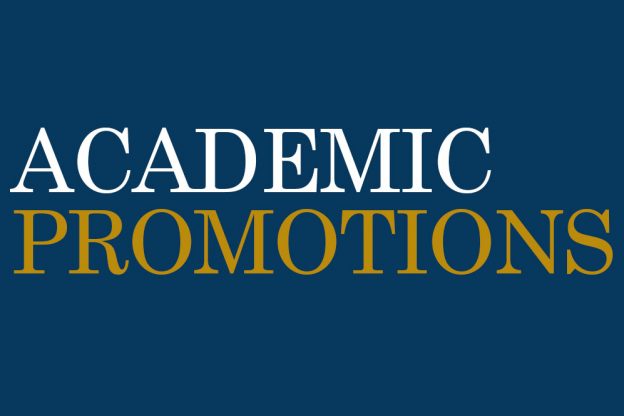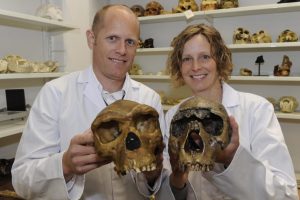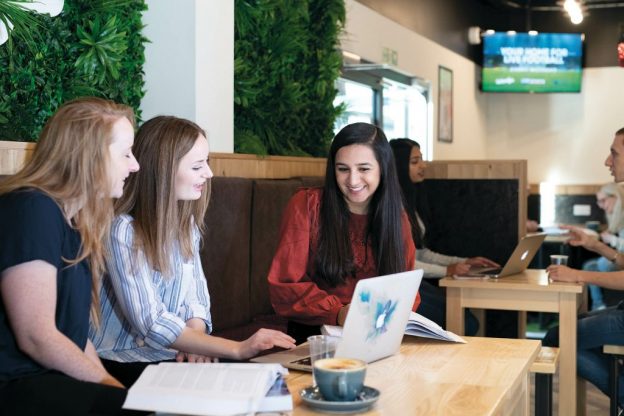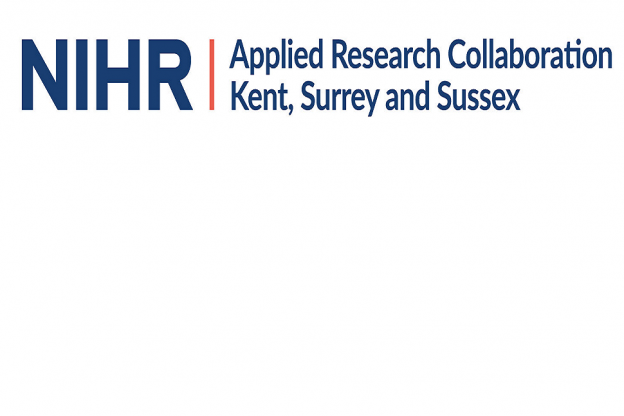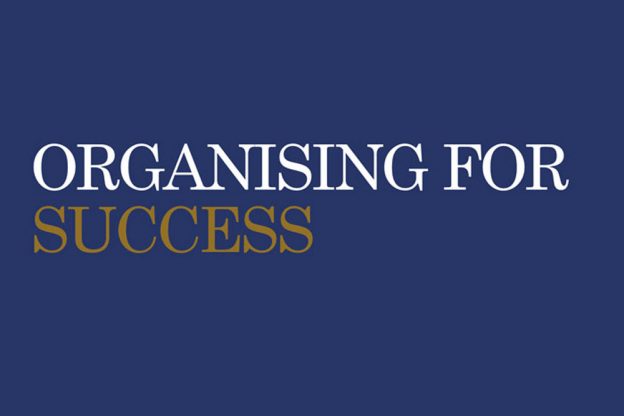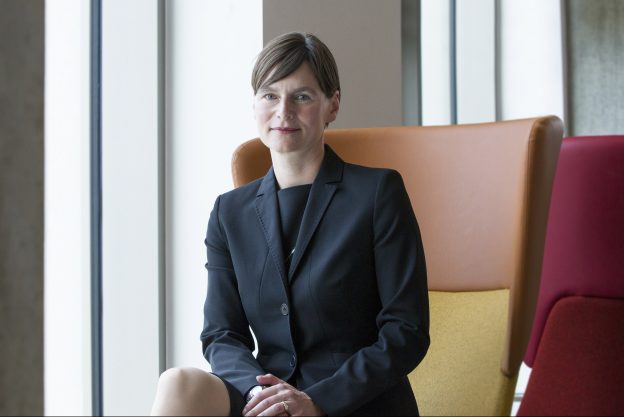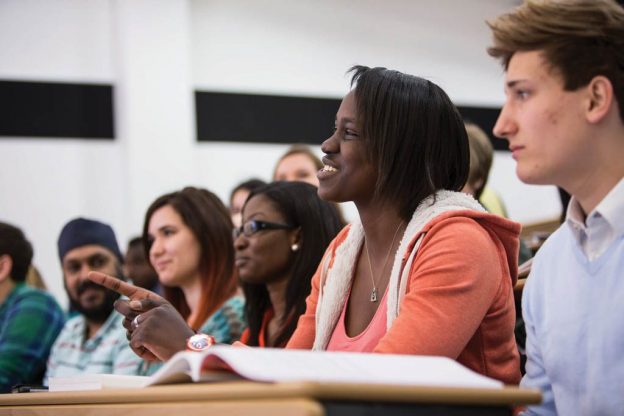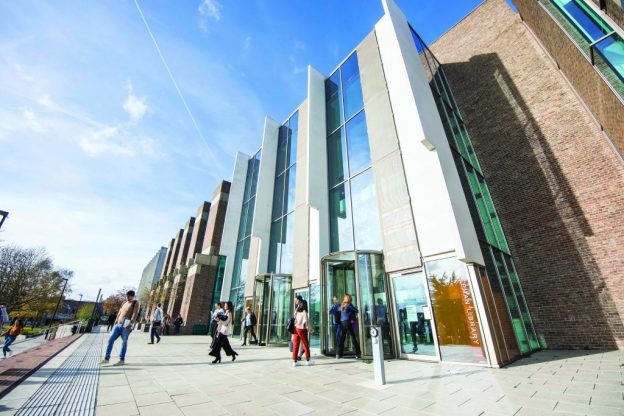Everybody has their own level of mental health, the same as their own level of physical health. A person’s mental and physical health interact closely and are strongly connected. Poor physical health will affect someone’s mental wellbeing, no matter how emotionally resilient they are.
Therefore everybody needs to have a good understanding of how to maintain good mental health and how to interact with people who may be struggling with mental health issues. Saturday, 10 October is World Mental Health Day. All mental health charities mark the day with their own campaigns. The Mental Health Foundation’s campaign encourages people to communicate with ‘Tea and Talk’; MIND encourages people to ‘Do One Thing for Better Mental Health’.
The University has several resources and support mechanisms in place for staff struggling with issues that are affecting their mental health. Staff can self-refer to Occupational Health. The University’s Employee Assistance Programme offers leaflets, telephone counselling, face to face counselling and an information line:
University of Kent – Care first – Employee Assistance Resource; Log in = uokent; Password = university
OH has been running a series of blog articles since the Covid 19 crisis began and many of these focus on mental health and the challenges of working from home and working through change. These are accessible on the Health and Wellbeing website
Learning and Organisation Development will be running an additional Virtual Training Session on Mental Health awareness with Anna Minogue; details coming soon.
Here are 10 Top Tips for maintaining good mental health
5 General Tips
1. Connect with other People: good relationships are important as they can help build a sense of belonging and self-worth, give you an opportunity to share positive experiences and provide emotional support to others
2. Be Physically Active: Evidence shows being active can improve your mental wellbeing by raising your self-esteem, helping set goals and achieve them and can cause chemical changes in your brain which can help to positively change your mood
3. Keep Learning: Research shows that learning new skills can improve mental wellbeing by boosting self-confidence and raising self-esteem, helping build a sense of purpose and connection with others
4. Give to Others: Research suggests that acts of kindness can help create positive feelings and a sense of reward, giving you purpose and self-worth and help connect with other people. Examples are small acts of kindness towards other people, or volunteering in your local community
5. Living in the Moment: Paying more attention to the present moment can improve your mental wellbeing, including your thoughts, feelings, your body and the world around you. ‘Mindfulness’ can help you enjoy life more and understand yourself better
5 Tips for Good Mental Health at Work
1. Maintain Boundaries: Don’t let work activities creep into your personal time. This is more important now when most of us are based working from home. Put in boundaries of time and space for your work activities.
2. Keep in Contact: Prioritise Team meetings, in Teams, Zoom or telephone. This is your work community and they understand the challenges of your work better than anyone else. If you’re having a bad day, reach out to a colleague.
3. Take Breaks: ensure you maintain breaks in your home-working routine. Breaks are especially important if your home workstation set-up is not as ergonomic as it should be.
4. Take your Holidays: 2020 is probably the weirdest work year for all of us and the lack of certainty can completely throw our sense or normality. Working in this alternative way means it’s important we take time away from work, to rest and enjoy ourselves.
5. Reach out to your Manager: if you find yourself struggling or feel overwhelmed you can access lots of the University resources (see information above). You can also talk to your supervisor or manager, or consider contacting someone else in your management line or HR or OH. The University has a Psychological Wellbeing Standard in place which contains an Individual Stress Risk Assessment Tool.
